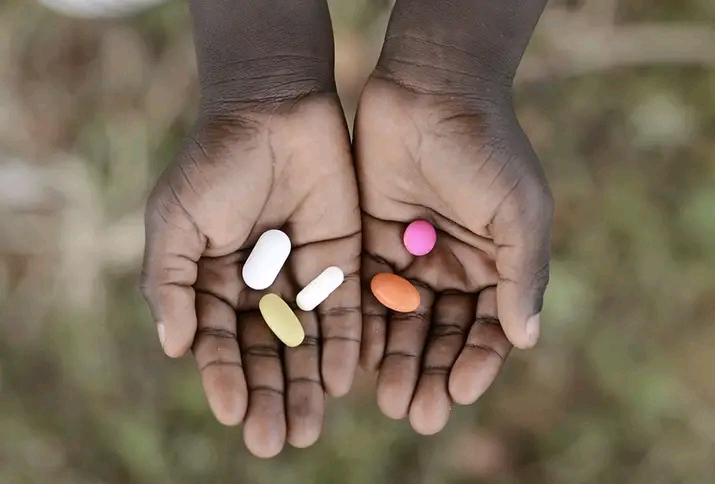By Patience Kapinda

Lilongwe, August 11, MANA: A recent article highlighting the prevalence of substandard and falsified medicines in Africa, including Malawi, has been disputed by a leading expert in the field.
A former professor at the University of Malawi’s Pharmacy Department, Professor Dr. Lutz Heide, has challenged the accuracy of the report, citing outdated and flawed methodology.
In a news article on guardian online https://www.theguardian.com/world/article/2024/aug/04/fifth-of-medicines-africa-substandard-fake-research one-fifth of medicines in Africa, including Malawi, may be substandard or fake, posing a significant threat to public health, according to a recent research study.
The article reported that Malawi has the highest proportion of substandard and falsified medicines, highlighting a critical issue that demands immediate attention.
The study, conducted by Bahir Dar University in Ethiopia, analysed 27 studies and found that 1,639 out of 7,508 medicine samples failed quality tests.
However, Prof. Heide’s research group and others say they have conducted subsequent studies demonstrating better medicine quality in Malawi compared to many African countries.
“We have published several studies showing that medicine quality in Malawi is actually better than in many other African countries,” Prof. Heide stated. “Citing only the incorrect, outdated information may unsettle patients and prevent them from seeking life-saving treatment.”
Prof. Heide’s research, published in reputable scientific journals, contradicts the initial findings.
His studies indicate improved medicine quality in Malawi, contrary to the report’s claims.
In an interview with Malawi News Agency the Pharmacy and Medicines Regulatory Authority (PMRA)Public Relations Officer Joseph Josiah say they have taken note of the concerns in the article published by The Guardian Newspaper and the board is re-examining the methodology used in the 2015 study.
The review, which analysed studies published between 2014 and 2024 from different countries in Africa, referenced a 2015 study by a Malawian researcher at University of Ghana and in his study he reported that Malawi had 88.4% prevalence of poor-quality medicines.
Josiah said PMRA is currently re-examining the methodology used in this 2015 study, as it is the primary source informing the review’s findings which have singled out Malawi as among the countries with highest proportion of the said substandard and falsified medicines as reported by The Guardian newspaper.
“We are taking this step to ensure the accuracy and reliability of the data, as the PMRA is committed to safeguarding public health and maintaining the integrity of the pharmaceutical supply chain in Malawi.
We take these findings seriously and are committed to ensuring the quality and safety of medicines in Malawi,” Josiah said.
He said The PMRA aims to ensure accurate and reliable data, prioritizing public health and maintaining the integrity of Malawi’s pharmaceutical supply chain.


